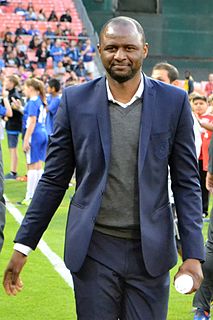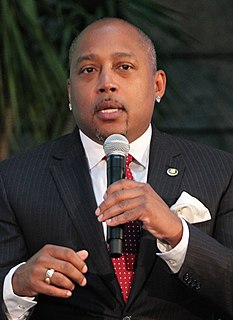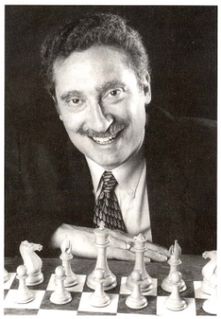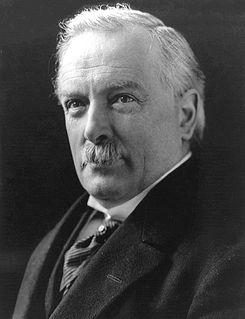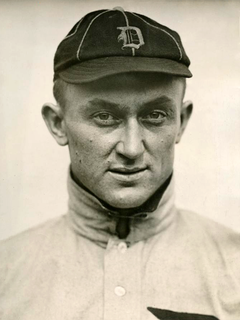A Quote by Mike Seabrook
Golf is the only game that pits the player against an opponent, the weather, the minutest details of a large chunk of local topography and his own nervous system, all at the same time.
Related Quotes
That's the thing about golf. In a team sport, when a team's on a roll, you have a little bit more data and comfort in predicting whether the roll's gonna continue, whether the team is playing well and who the opponent is. But the golf course is the opponent. It changes every round in terms of wind and weather and so forth. And your game is never the same two days in a row. It's almost impossible to handicap and predict.
A good player who loses at chess is genuinely convinced hat he has lost because of a mistake, and he looks for this mistake in the beginning of his game, but forgets that there were also mistakes at ever step in the course of the game, that none of his moves was perfect. The mistake he pays attention to is conspicuous only because his opponent took advantage of it.
The pleasure of sport was so often the chance to indulge the cessation of time itself--the pitcher dawdling on the mound, the skier poised at the top of a mountain trail, the basketball player with the rough skin of the ball against his palm preparing for a foul shot, the tennis player at set point over his opponent--all of them savoring a moment before committing themselves to action.
The bad player is the one who tries to calculate and play with the odds, as if his game, his life, were one of a large number of games. To do so is at best to succumb to another necessity, the necessity of large numbers. The good player does not fool himself, and accepts that there is exactly one chance, which produces by chance the necessity and even the purpose that he experiences.
Tragedy massages the human ego even as comedy deflates it. ... Tragedy pits us against large foes and the trip wire is our own character. ... In comedy we fall afoul of one another. Comedy depends on social life, on our behavior in groups. In tragedy you can observe one human against the gods. In comedy it's one human versus other humans and often one man (or woman if I'm writing it) against her own worst impulses.
You're only infallible about your own nervous system. You know what's going on in your own nervous system, whatever realities you're creating out of the infinite flux of being. You don't know anything about anybody else's reality unless they tell you about it. You gotta listen very sympathetically in order to understand them. So it's a limited infallibility.
You definitely go through a stage, most coaches do, where you see a good player and you get enamored, you really like what the player does, but then when you put him into your system, it's not quite the same player that he was in another system. He has some strengths, but you cant utilize all those strengths. If you try to utilize all his strengths, you end up weakening a lot of other players who are already in your system.


